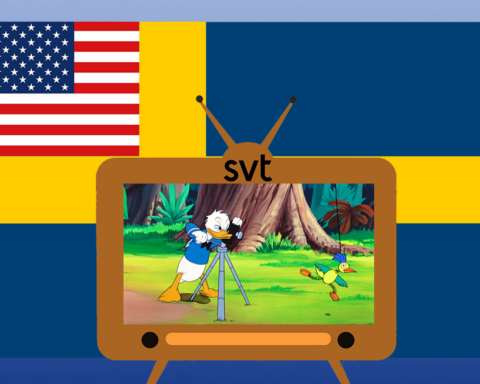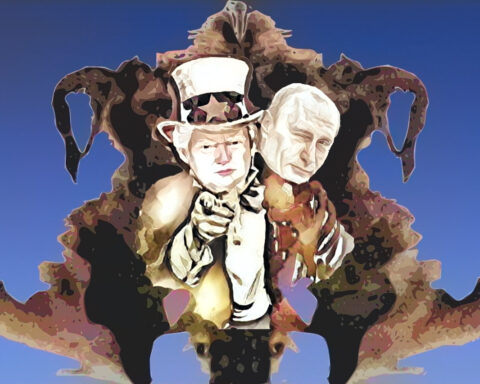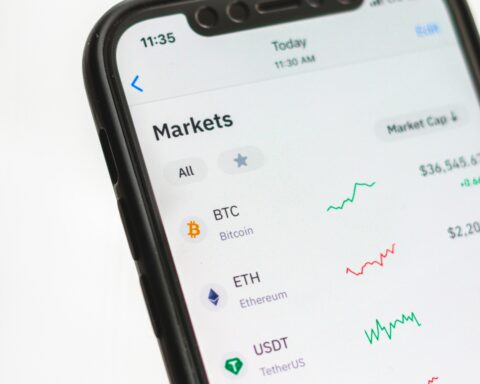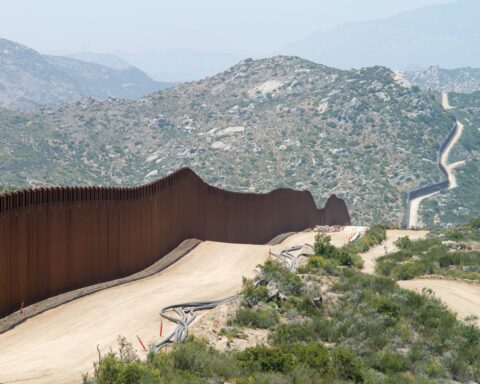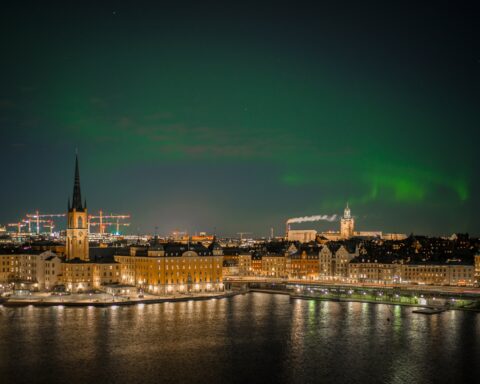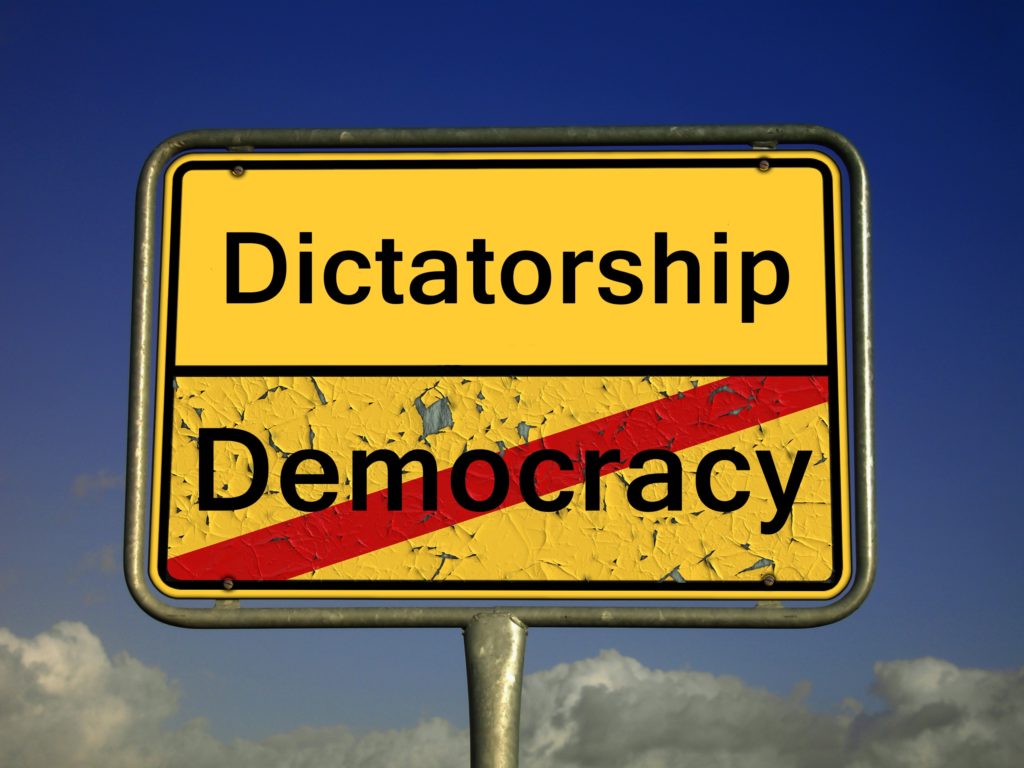
DEMOCRACY. For a long time, the idea of “A League of Democracies” has been suggested. How could it influence world politics? Could 2021 be the year when the league is created?
The UK has the presidency of the G7 this year, a group of nations created during 70s also consisting of Germany, France, Italy, Japan, Canada and the United States. British Prime minister Boris Johnson will arrange a first digital summit and if possible due to the Covid-19 situation, even a summit in Carbis Bay in June. Johnson has also invited the Prime ministers of Australia, India and South Korea.
Other countries have previously been invited as guests to G7 meetings. Still, this time the aim is to create a foundation for the guests to participate in the transformation from G7 to D10 – Democratic 10, a group of the world’s ten largest democracies.
According to the UK government, D10 has two advantages compared to earlier proposals: it is not too big, making cohesion easier, and neither is it too small as it would encompass the Pacific region better than the current G7 current concentration on transatlantic relations. The D10 would also keep its focus on two issues: development of 5G, the next big phase in communication standards, and development of critical supply chains. These choices for a future D10 would mean a conflict with China.
Boris Johnson has several reasons to propose the formation of the D10. In domestic politics, he feels the pressure that the slogan “Global Britain” should have some kind of content after Brexit. Also, he wants to create a better impression and improve relations with the new American president Joe Biden, whose staffers often see Johnson as a populist with a crazy hairstyle in the like of Donald Trump.
The host country can organise a G7 meeting in the way it wishes, but how will the other members react? Decision-makers hail the idea of creating aD10 in Washington DC and Tokyo. The Biden administration sees it as something positive – an alliance of like-minded countries with the intention to take on the challenge from China.
For a long time, President Joe Biden has been proposing a top-meeting for democracies during his first year of presidentship. The enlarged G7 meeting can give a platform for establishing cooperation in several policy areas. D10 could become a way for Biden to show the USA’s renewed interest in multilateralism, at the same time Biden can gather a more powerful alliance against China that the USA will more and more be coming into conflict with.
Australia, India and South Korea all have open conflicts with China. Also, they see favour on an influential alliance that is not only reserved for the West. The Pacific region has the highest economic growth, which is seen as the best answer for the pandemic and that more and more stands up in the centre for the global power struggle.
In comparison to this trio, Canada is more cautious, while Europeans are outright sceptical. France, Italy and Germany are worried that the D10 could become an alliance with an edge against China and Russia (whom they rather would wish to bring back into the G7’s fold)
Italy, which has its economy closely connected to China’s, is demanding guarantees that G7 will not change. France suspects that Johnson wants to reduce the influence of the EU member countries in the G7 framework and in conjunction their power in future negotiations with the UK.
The Chancellor of Germany, Angela Merkel, has recently successfully steered the EU:s agenda in order to decide on a controversial investment agreement with China. She thinks that the forming of the D10 could trouble Germany’s industrial exports to China and the country’s import of gas from Russia.
The old G7 from the Cold War needs to find new reasons to exist in a changed and unstable world. It is a fact that the democratic countries in Asia and Oceania have a more prominent importance today.
There are those who fear that the creation of a D10 would worsen international tensions, but maybe not with China and Russia. The EU has dropped its criticism of China’s concentration camps in Xinjiang because the EU wants China’s investments. The EU’s trade strategy to save its industry that is passing through a crisis is based on establishing carbon tariffs against the rest of the world.
Germany has become dependent on the Russian gas, and Berlin has decided not to use its participation in the Nord Stream 2 gas pipeline as a way to influence Moscow. Besides that such actions have resulted in an open field for illegal annexation, poisonings, at least one assassination, attempts to undermine western democracy and even the German government in secret offering one billion Euros last year in order to secure an American guarantee not to impose sanctions against the Nord Stream 2 project.
It is possible that the League of Democracies will not be successful this time due to the conditions in world politics have changed, even for the G7. Cold War II does not have the same conflict spaces as the first one. But the debate shows that democracies can have fundamentally different interests when it comes to geopolitics. Groupings between them are not easy to create, as is often presented. International organisations and agreements are becoming more powerful when they are clear in their aims and have members acting in good faith.

info@opulens.se

